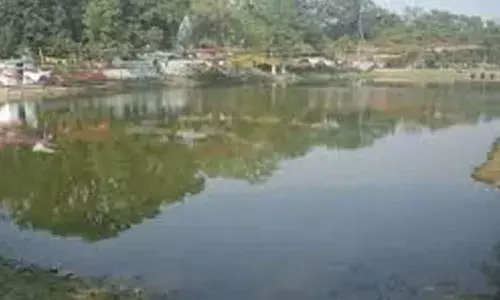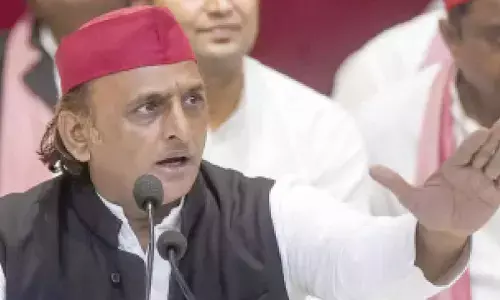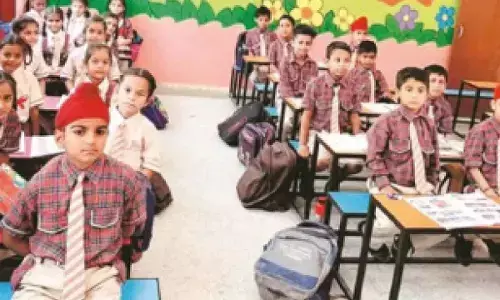WHO urges help for Somalia to sustain health services, gains
Share :

A World Health Organization (WHO) official has called on the international community to help Somalia sustain health services, protect public health gains, and build a resilient health system that can withstand future challenges.
Mogadishu : A World Health Organization (WHO) official has called on the international community to help Somalia sustain health services, protect public health gains, and build a resilient health system that can withstand future challenges.
WHO Regional Director for the Eastern Mediterranean Region Hanan Balkhy, who has just wrapped up her three-day visit to Somalia, said the country's evolving situation demands ongoing commitment from the international community and adaptability from all partners to also promote the health and well-being of all Somalis.
"Many public health risk factors, including food, agriculture, water, and sanitation, fall outside the remit of health governance. Only by addressing these issues together can Somalia build a sustainable health system that meets the needs of its population," Balkhy said in a statement at the end of her visit.
She said Somali leaders are committed to transformation and the Somali people, many of them born during the civil war, are eager to contribute to the progress of their country.
Balkhy said her visit to Mogadishu included discussions with senior government officials, humanitarian partners, and donors and focused on strengthening coordination and support to address some of the most critical health issues facing Somalis and the health system that serves them.
She noted that in many parts of the country, the health infrastructure has been devastated, with more than 40 percent of Somalis lacking access to basic health services, Xinhua news agency reported.
"More children under the age of 5 and women giving birth die from preventable causes than anywhere else in the world, mainly as a result of limited infrastructure and the shortage of skilled health workers, particularly midwives, in remote and rural areas," Balkhy said.
She said Somalia is increasingly impacted by extreme weather events such as drought and floods, adding that while coordinated preparedness and response efforts by the WHO and partners were able to avert famine during the 2022-2023 drought, tens of thousands of children lost their lives and millions of people remain vulnerable to hunger and diseases.
More than 1.5 million children have yet to receive a single vaccine dose against polio, tetanus, diphtheria, and measles, Balkhy said.
"Deprived of access to essential health services, these children face not only the possibility of contracting deadly diseases but multiple other health risks," she said.
She expressed the UN health agency's commitment to helping Somalis deliver essential health services despite the challenges facing the country.
Balkhy said the WHO's decentralized presence in Somalia facilitates the delivery of technical assistance to states "so they can effectively expand and deliver health services and helps ensure that we reach larger parts of the population, bringing health services to where they are most needed."
During her meeting with Prime Minister Hamza Abdi Barre, Balkhy expressed appreciation for the government's commitment to ending the current polio outbreak in the central and southern parts of the country, including by establishing the Immunization and Polio Eradication Task Force that he personally leads.
"This political commitment is reverberating across the country, including at the state level with the inauguration of polio campaigns," she said. "With continued support from our teams, partners, and Somalia's indomitable health workers, I am optimistic the country will soon end poliovirus transmission, as it has done with previous outbreaks."













